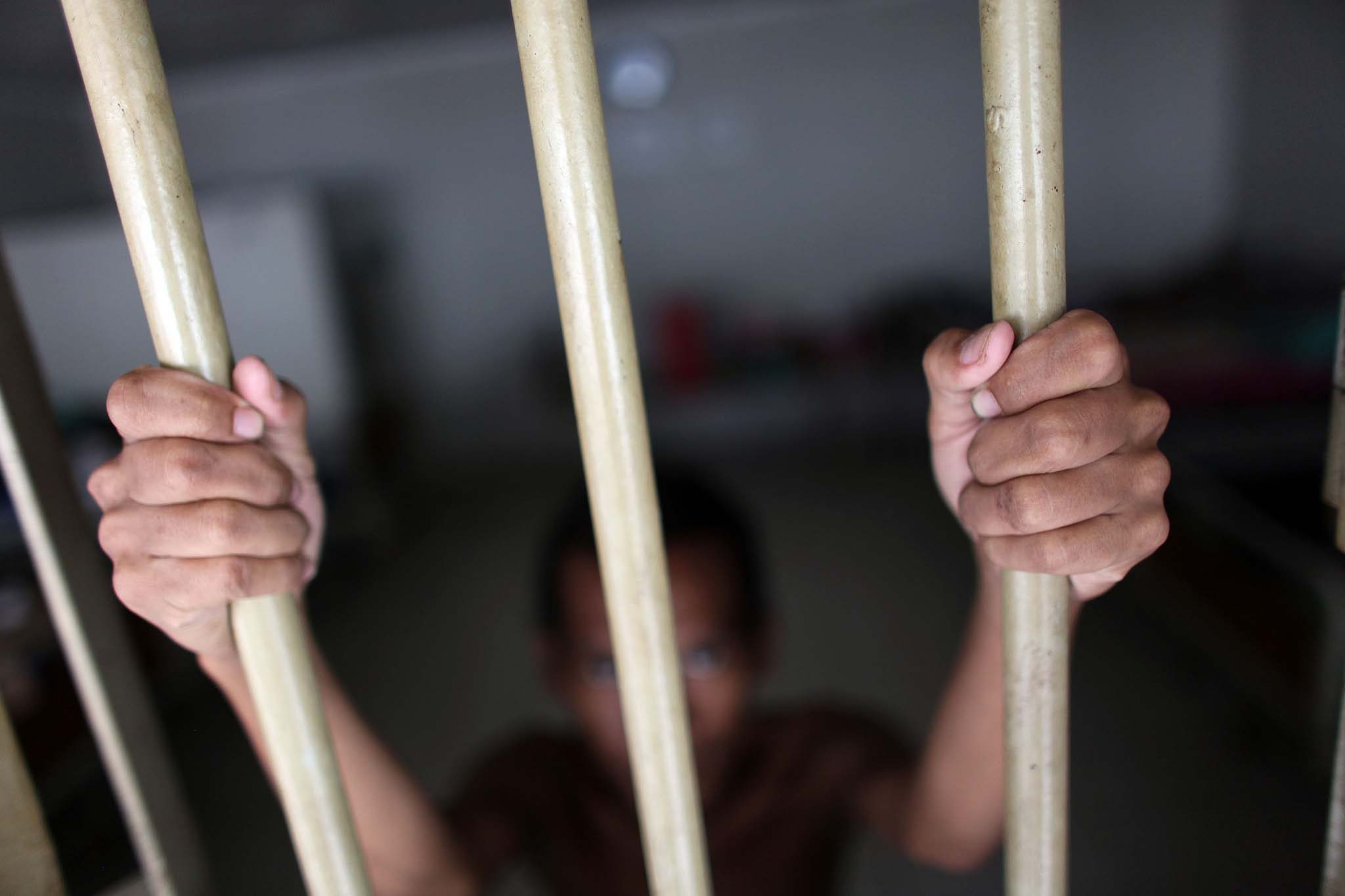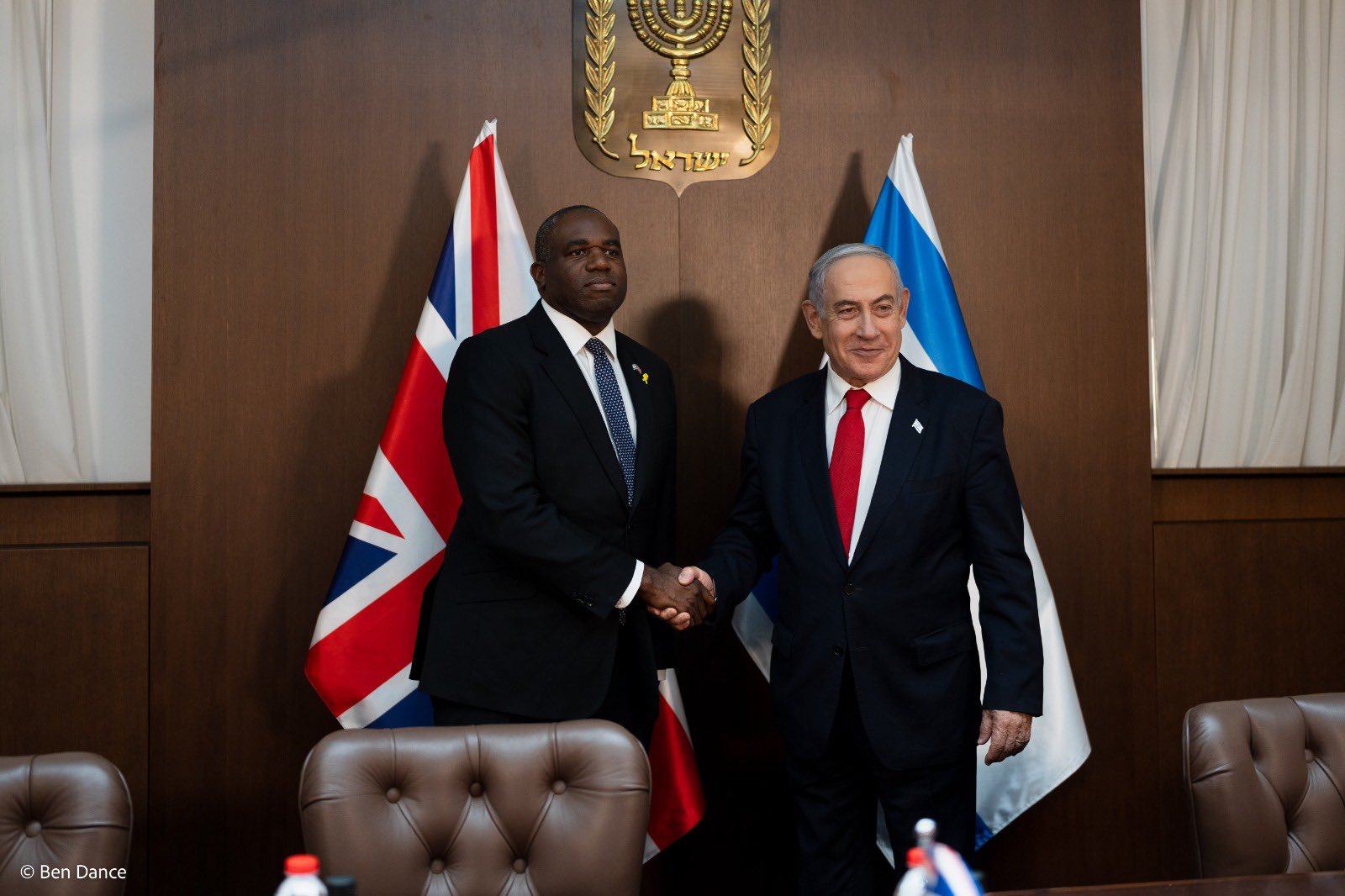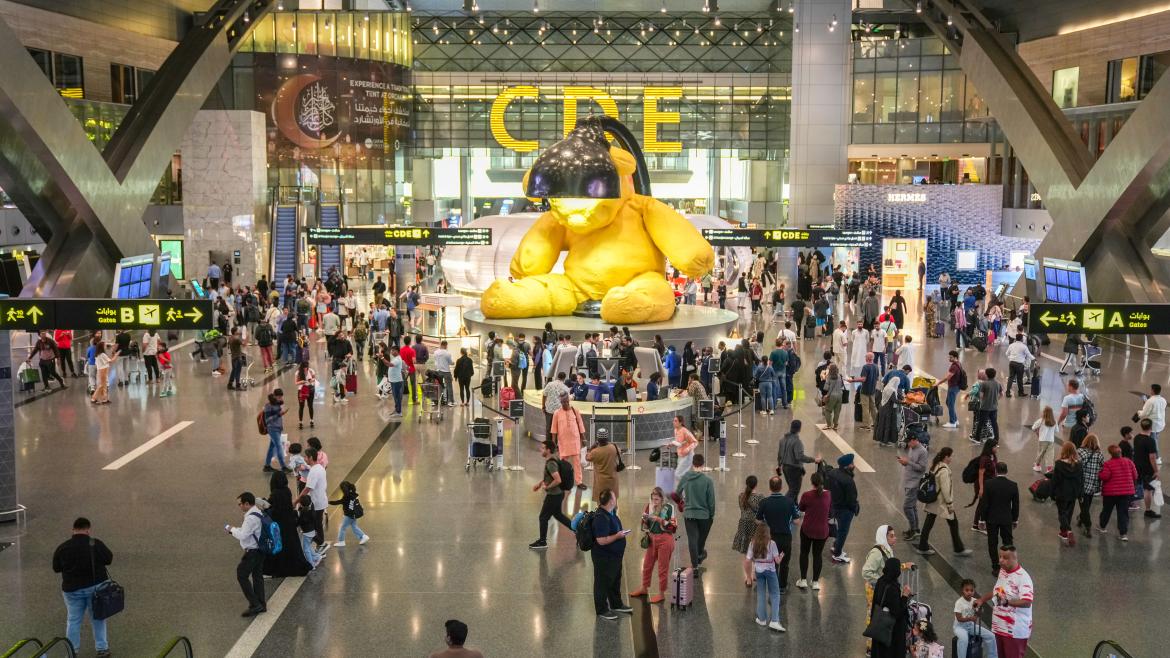
In a novel approach, a prominent Qatari businessman has been funding a project to rehabilitate the UK’s Muslim prison population.
Sheikh Faisal bin Qassim Al Thani was recently honored by the Prince of Wales for his efforts, particularly in supporting Mosaic.

Mosaic, a charity founded by Prince Charles, recently began pairing Muslim prisoners in the UK with mentors to help put them on the straight and narrow after release.
Though Muslims make up five percent of the UK’s population, they account for 20 percent of the country’s jailed young people.
Sheikh Faisal’s assistance comes through The Al Faisal Without Borders (ALF) Foundation, which works internationally to support the education, healthcare, entrepreneurship and development of young people.
The foundation is donating £250,000 a year (QR 1.4 million) for three years to support three of Mosaic’s programs, including the prison mentoring project.
During a joint visit to a prison in the north of England to see the program in action, Sheikh Faisal was thanked by Prince Charles, a spokesperson for Mosaic told Doha News.
“He presented him with a special commemorative plaque made by the Prince’s School of Traditional Arts in London during the visit,” Nizam Uddin added.
Prison project
Mosaic’s prison mentoring project pairs trained volunteer mentors – many of whom are themselves Muslim – with male Muslim offenders as they approach the end of their sentences.

Mentors work with offenders for a year, meeting twice a month for six months while they are in jail and then for six months after the men have been released.
These mentors also meet the offenders at the gate of the prison on the day of release, something that makes a huge difference, according to Uddin:
“They accompany them to probation/benefits/housing meetings etc. These first hours of release are crucial for an offender’s chances of not re-offending. They also work with them on issues like confidence and employability, helping them to get jobs.”
Statistics published by the charity claim that the project reduces re-offending rates of mentored individuals by 20 percent.
Currently, the re-offending rate for all prisoners in the UK stands at around 60 percent.
A similar project targeting female Muslim offenders is currently in the planning stage, Uddin said.
Rising Muslim prison population
The UK’s overall prison population has been growing in recent years.
But the number of Muslim inmates is disproportionately high, even when compared to the increase in the country’s Muslim population as a whole.

In 2002, 5,502 prisoners in England and Wales said they were Muslim, but by December 2014, that tally was 12,225.
In the same period, the general jail population increased by 20 percent, but the percentage of Muslim inmates increased by 122 percent.
The UK’s government and prison authorities have both acknowledged the issue, but opinion is divided as to the cause.
Statistics show that the number is partly explained by the number of foreign-born prisoners in Britain’s jails. Thirty percent of inmates aren’t British, and in 2014 two of the most prevalent countries of origin were Pakistan and Somalia, whose populations are predominantly Muslim.
However, many experts, including the former Chief Inspector of Prisons Dame Anne Owers, believe that poverty is also a factor. Mosaic’s Nizam Uddin agreed, saying:
“A lot of these men come from deprived areas, and they come from backgrounds with a vicious cycle of crime and gang cultures. But beyond that, there are also question marks around the system by which they are being convicted – is there a higher conviction rate of them compared to their non-Muslim counterparts?”
To help resolve this question, Mosaic is currently working with the UK’s Prisons Reform Trust and the Woolf Institute at the University of Cambridge on research to produce a more definitive answer.
Mentoring in schools

Sheikh Faisal’s contributions also help fund Mosaic’s mentoring work in secondary schools in deprived parts of the UK.
The program pairs mentors with groups of young people aged 13 to 16 years old – the majority of whom tend to be Muslim due to the ethnic make-up of the areas targeted – and provides them with support to build up their confidence before they reach school leaving age at 16.
Uddin explained:
“All of our research shows us that these kids have a lower threshold for resilience. Giving them access to somebody who has gone through it all gives them confidence.
We get mentors from all backgrounds, but naturally if someone was born in inner-city Birmingham and went on to work for an investment bank, when he goes back to a school and he says, ‘I came from here,’ that resonates in a different way.”
The third project funded by Sheikh Faisal’s money is the Mosaic Enterprise Challenge in Jordan, a business competition to promote entrepreneurship among young people.
Thoughts?







